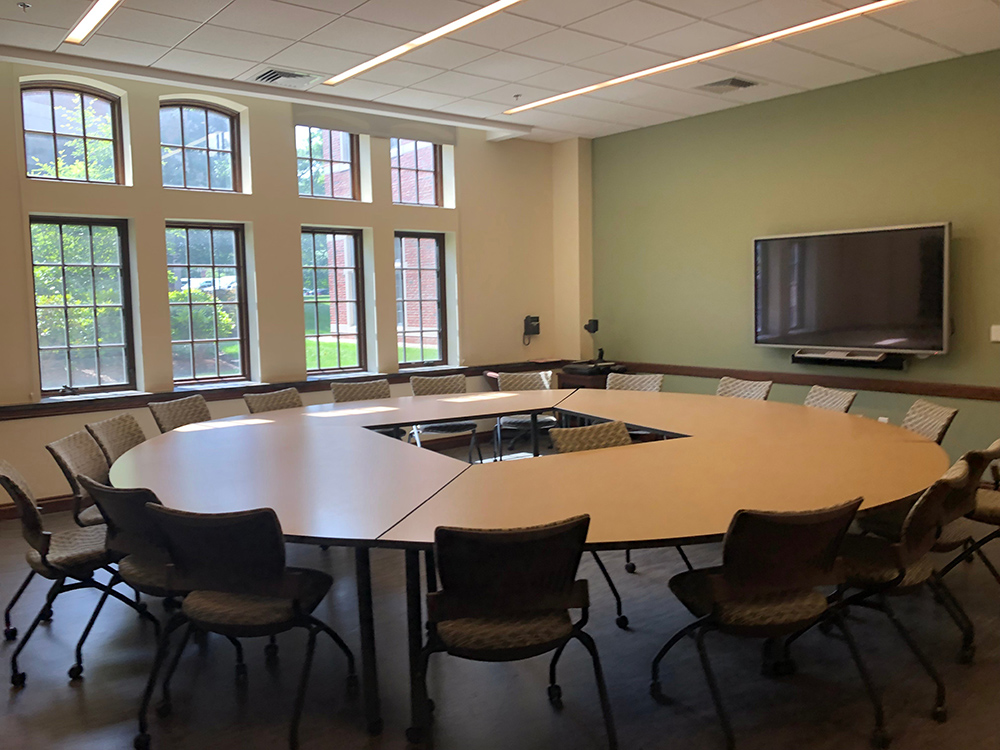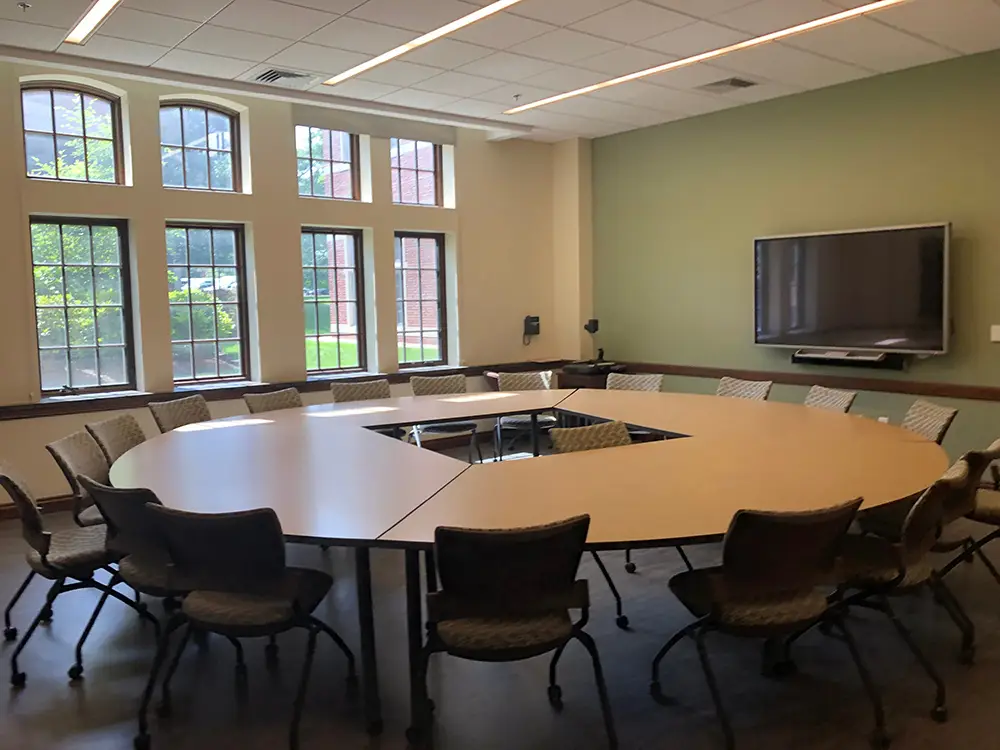Neal Schwartz
- 05 May, 2020
- 0 Comments
- 3 Mins Read
US COLLEGES ARE FACING A PIVOTAL MOMENT, WILL THEY CHANGE?
HOW WILL THE PANDEMIC TRANSFORM COLLEGE AS WE KNOW IT?
As the uncertainty about the pandemic’s impact on the future of college continues to unfold, there is a wide range of speculation, starting with school this fall. Should colleges plan for an online fall, delay the whole semester, or just plan for a regular semester?
Should social distancing be enforced by individual states, there could be a potpourri of fall openings. Such measures for a successful fall opening would involve getting students, faculty, and staff tested, reducing the number of students per class, integrating rotating schedules, offering a hybrid of online and in-person classes; the list goes on and on.
But underneath all of the operational questions for each college lies the financial question. What is the financial health of the college? Even though no one was prepared for anything like the pandemic, some colleges will be hit harder than others. That’s because of three factors:
- A college with a high percentage of international students, say 15 to 25%, are expecting those seats to stay empty. Not just for the incoming freshman class, but possibly for upperclassmen as well. It’s hard to be on campus if you can’t get a visa or are restricted from entering the country. Many international students are “full-pays”, so their absence will really hit the P&L of a college.
- Depending on the location of the school and the proportion of in-state students, some students that would have been a flight away may choose to switch to a closer school. Also, from an affordability perspective, some students may choose a less expensive school and not return. Depending on the student major and job prospects, the debt burden for college might far outweigh the student’s ability to reach a high enough salary to ever pay back the student loans.
- After the 2008 recession, some smaller regional schools had a tough time financially as the cost of college continued to increase. For a college already on life support, shutting down campuses this spring and reimbursing room and board fees could be devastating.
The irony is that colleges were already preparing for the reduction in student demand tied to the declining youth population. So adding the factor of additional financial constraints to an existing downward trend will likely result in more colleges going under. (See: “US colleges might face existential moment“).
Measuring the cost of college versus its value is an existential question that is becoming harder to substantiate. Attending college is clearly, according to our country’s standards, the politically correct thing to do, but what if your son or daughter graduates college with a degree that is nearly impossible to turn into a profitable equation?

Making sense of it all:
I see three elements of college:
- Academics: what is learned from professors’ guidance and wisdom
- Social connection and individual maturity
- The value of the “Brand”
In a commoditized college framework, only the academic portion can be generalized: “You can get that Economics 101 or 201 course at any college.” However, individual maturity from interactions with like-minded students is harder to replace. And the prestige of the college does still mean something to an employer who recognizes and values a particular brand.
So, what can students do now to protect their college investment? They can pay more attention to their major and whether that career choice (if they know it) will be better with a very selective college or a less selective one.
What can we hope that colleges will do?
They can continue to prioritize the aspects of college that are irreplaceable from the ones that can align better with new financial realities. Additionally, colleges can now address and optimize strategies that were forced on them by the pandemic, like available educational technology, and decide which ones can be adopted for the long term.
Like so many businesses in the US that were put on hold, colleges now have the opportunity, due to the crisis, to transform, redefining what the college experience will be for all staff, faculty and students in the indeterminate future. It’s therefore up to students and parents to be open and adaptable, re-strategizing and reprioritizing if necessary to get on a new track for success.
Best Regards,

Neal Schwartz, Owner
College Planning of Westchester
[email protected]
914-273-2353 (office)
914-500-5899 (mobile/text)
NOW IN OUR 19TH YEAR

NOW REGISTERING FOR OUR:
COLLEGE COUNSELING PROGRAM AND SAT/ACT TEST PREP PROGRAMS
NOW IS THE BEST TIME FOR TEST PREP AND COLLEGE APPLICATIONS
Register Today









